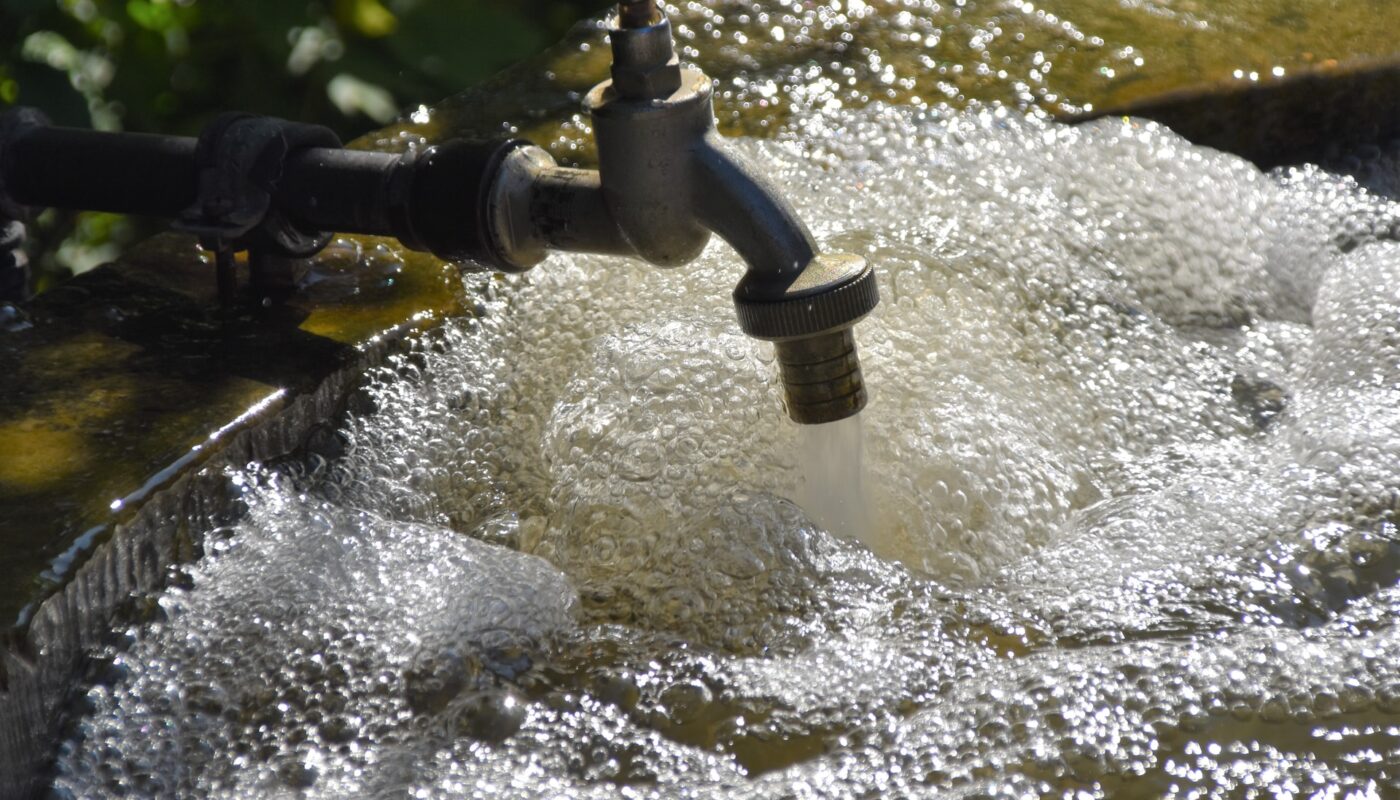If a business notices that its water cost exceeds the average, it may wonder why and how it might reduce it. In this case, leaking appliances, inefficient appliances, or a constantly running water softener might be the causes of the high water cost. We take a look at what can impact your business water rates and steps to conserve and save money.
High Water Bills Are A Symptom of Trouble
Unexpectedly high water bills for businesses might indicate one or more problems. Water leaking from pipes, faucets, or other appliance fittings is the first issue that could occur. Second, old or inefficient equipment like washing machines or dishwashers may consume more water than necessary, driving up the cost. Last but not least, operating water softeners constantly may raise your rates.
Businesses can examine their water use and bills for any anomalies to uncover the primary source of the issue. After the problem is found, companies may take action to fix it, such as fixing leaks, replacing inefficient appliances with more energy-efficient models, or cutting back on the usage of water softeners. This article discusses several plausible reasons Michigan business water rates may be so expensive. We suggest reading more about it if you want to know when and where to get help for your business. We suggest you read more about it if you want to know when and where to get help for your business.
Potential Issue No 1 – Leaks
A leaky water appliance is one of the potential causes of a high water bill. According to the Environmental Protection Agency, even a little leak can increase water expenses by up to ten percent yearly. For leaks, businesses may examine various items, including toilets, faucets, showerheads, and outdoor irrigation systems.
A yearly loss of up to 12,999 gallons (49,210 liters) of water can be caused by a leaking toilet. Businesses can put food coloring in the toilet tank and wait to see whether it appears in the toilet bowl to detect leaks. The toilet leaks if food coloring shows up in the bowl.
A leaky tap may waste up to 2,999 gallons (11,356 liters) of water yearly. Companies may detect a leaky faucet by turning it off and seeing whether it drips at a rate of one drop per second or more significantly. If it happens, the business may want to halt the leak and replace the gaskets and washers.
A leaky showerhead might lose up to 499 gallons (1,892 liters) of water annually. When the shower head is turned off, businesses may check for leaks by seeing whether there are ten or more drips per minute of continuous dripping. If this is the case, a loose showerhead connection is probably blamed for the leak. Companies may attempt to correct it by tightening the connection using a wrench and pipe tape.
Up to 6,299 gallons ( 23,848 liters) of water might be lost each month by an outside irrigation system leaking. Companies should search for unusually moist areas, locations with low water pressure, or a hissing sound emanating from the system to detect leaks. Then, businesses should call a plumber to assess and fix the irrigation system if it leaks.
It is preferable to call a licensed plumber to assess and fix the faulty appliance if any of the repairs, as mentioned earlier, are unsuccessful in stopping the leak. Businesses may reduce their water costs and save water resources by fixing leaks.
Potential Issue No 2 – Malfunctioning Appliances
The usage of malfunctioning water appliances is another factor in high water costs. As a result, businesses may still be overpaying for their water consumption despite no leaks.
The Environmental Protection Agency (EPA) advises utilizing goods with the Energy Star and WaterSense labels to remedy this problem. These products can save annual water use by up to 27018 gallons (102,278 liters) and utility expenditures for companies by up to 416 dollars (337,55 pounds). In addition, independent testing has shown that WaterSense and Energy Star products use 20% less water than typical products.
Businesses may utilize the Calculate Your Savings tool offered by WaterSense to figure out how much they could save on their water costs by upgrading to more efficient appliances.
Businesses may speak with a local plumbing professional to learn about energy-efficient and environmentally friendly water appliances and determine if WaterSense or Energy Star items are best for their unique requirements and financial situation. As a result, businesses may lower utility costs while helping conserve water resources by utilizing more energy-efficient water equipment.
Potential Issue No 3 – Water Softener Performance
A broken water softener is another potential factor in Michigan businesses’ high water rates. Water softeners are frequently used to deal with the state’s hard water; however, if they run constantly, they can waste over 99 gallons (378 liters) of water daily.
Water heaters shouldn’t run continually; if they do, they’re likely in regeneration mode. The typical operation of the water softener involves trapping hard minerals with a resin coating, which is then back washed with 49 gallons (189 liters) to 99 gallons (378 liters) of water every three to six days to regenerate. Hard mineral accumulation might prohibit the device from successfully softening water if adequate regeneration is not performed.
Video: How Businesses Can Conserve Water & Reduce Costs
Problems Impact Your Business Water Rates
In conclusion, several problems, such as leaky water appliances, inefficient water appliances, and broken water softeners, can cause higher water bills for companies based in Michigan. This may be significant for those using the Detroit Water System in southeast Michigan. Businesses may solve these issues by checking their equipment for leaks, switching out old, inefficient appliances with WaterSense and Energy Star goods, and using fewer water softeners. By resolving these issues, businesses may lower their water expenses and contribute to water resource conservation. If companies cannot remedy the appliance problems, they may hire expert plumbers to inspect and fix them.
